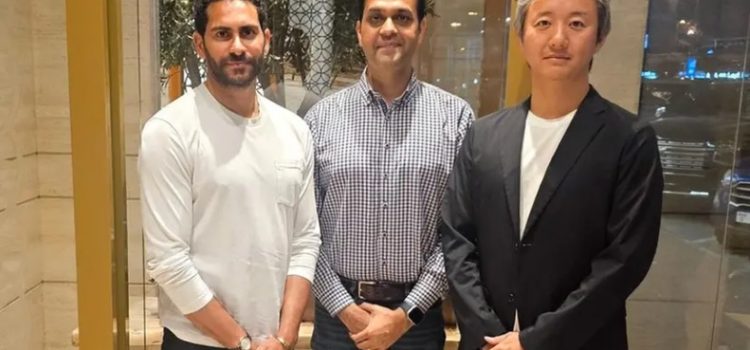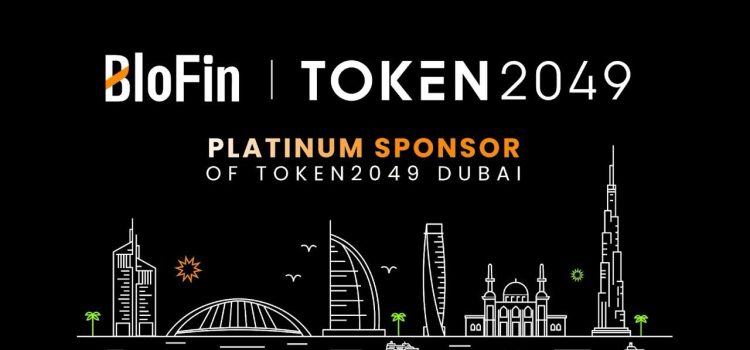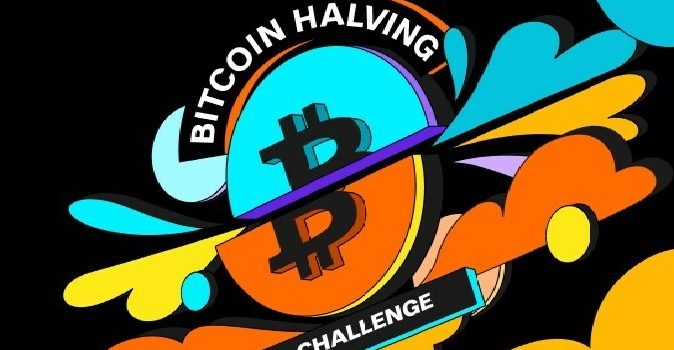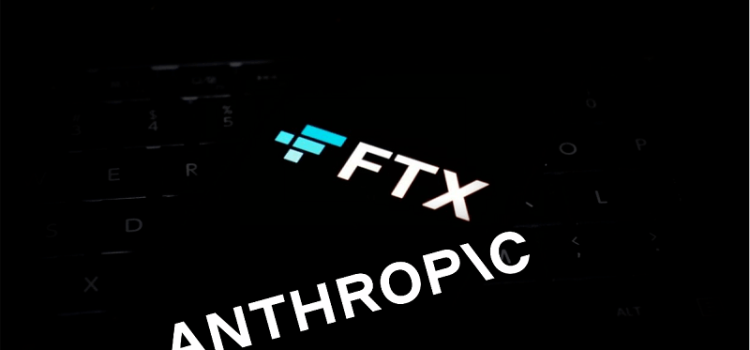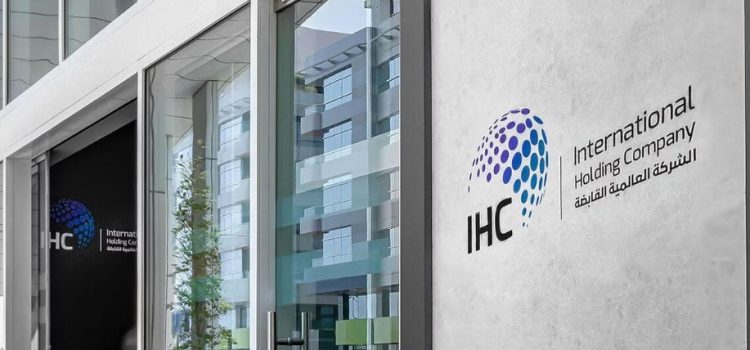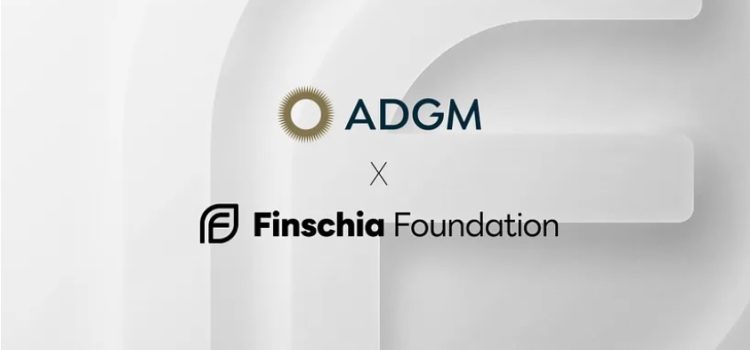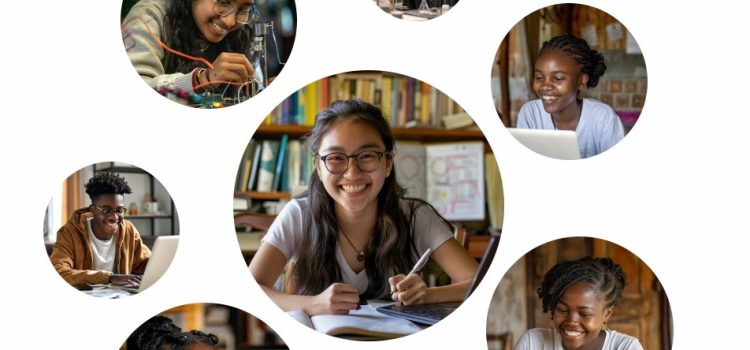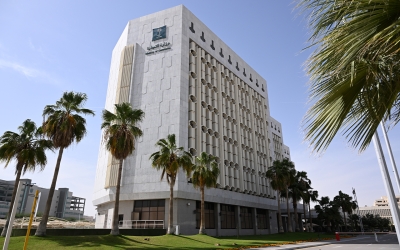
EMURGO Middle East Africa, the investment and commercial arm of the Cardano blockchain platform Cardano in Africa and the Middle East, today announced a strategic partnership with Encryptus, a leading Crypto, Fiat infrastructure provider. This collaboration marks a significant milestone in providing seamless on and off-ramp services to support the Cardano ecosystem, fostering ADA adoption across frontier markets.
EMURGO MEA leverages Cardano’s innovation, security, and sustainability to drive digital transformation, creating impactful blockchain solutions. By partnering with Encryptus, known for its pioneering crypto-to-fiat and fiat-to-crypto transaction solutions.
This partnership empowers Encryptus to unveil a suite of new products designed specifically for Cardano users. These offerings include cutting-edge; compliant payout solutions such as bank wire transfers across over 80 countries, mobile wallet services in more than 40 countries, and an array of gift cards and mobile plans accessible in over 110 countries.
“Our collaboration with Encryptus is a testament to our dedication to not only advancing the Cardano ecosystem but also to innovating the blockchain space as a whole. By integrating Encryptus’ leading crypto-to-fiat transaction solutions, we’re set to unlock unprecedented opportunities for ADA users and continue to lead in the creation of blockchain-enabled ecosystems” said Yosuke Yoshida, Co-CEO of EMURGO MEA.
Shantnoo Saxsena, CEO & Founder of Encryptus, highlighted the significance of the partnership, stating, “True adoption of blockchain technology extends beyond simple access to cryptocurrencies. It necessitates robust off-ramping capabilities that empower users to effortlessly convert ADA into fiat currencies and various payment methods. This collaboration is a game-changer especially in the frontier markets, completing the essential link for broader crypto adoption and enhancing the utility of ADA across numerous markets.”
“Encryptus’ unique banking infrastructure is what sets them apart from their competition. Their ability to provide cryptocurrency services akin to traditional finance services is why we believe the team has the capabilities to build many additional layers of value creation, on top of their existing offerings. We at EMURGO MEA are very excited about the prospects of our partnership, in creating stronger accessibility to ADA and the Cardano chain, with hands-on support from our recent launch of EMURGO Labs,” said Ahmed M. Amer, EMURGO Labs CEO.
Under the partnership, Encryptus will leverage its vast off-ramp infrastructure and regulatory compliance expertise to facilitate efficient ADA-to-fiat conversions. Simultaneously, EMURGO Middle East and Africa will develop smart contracts and additional UI components necessary for the seamless integration of Cardano into Encryptus’ platforms, ensuring a smooth user experience for converting ADA across various payment systems.
This strategic partnership is poised to significantly enhance the utility of ADA, making it more accessible and usable across the globe. By providing efficient, secure, and compliant pathways for crypto-to-fiat transactions, EMURGO MEA and Encryptus are paving the way for increased adoption of the Cardano blockchain, ultimately contributing to the growth and development of the digital economy in the Middle East, Africa and beyond.








